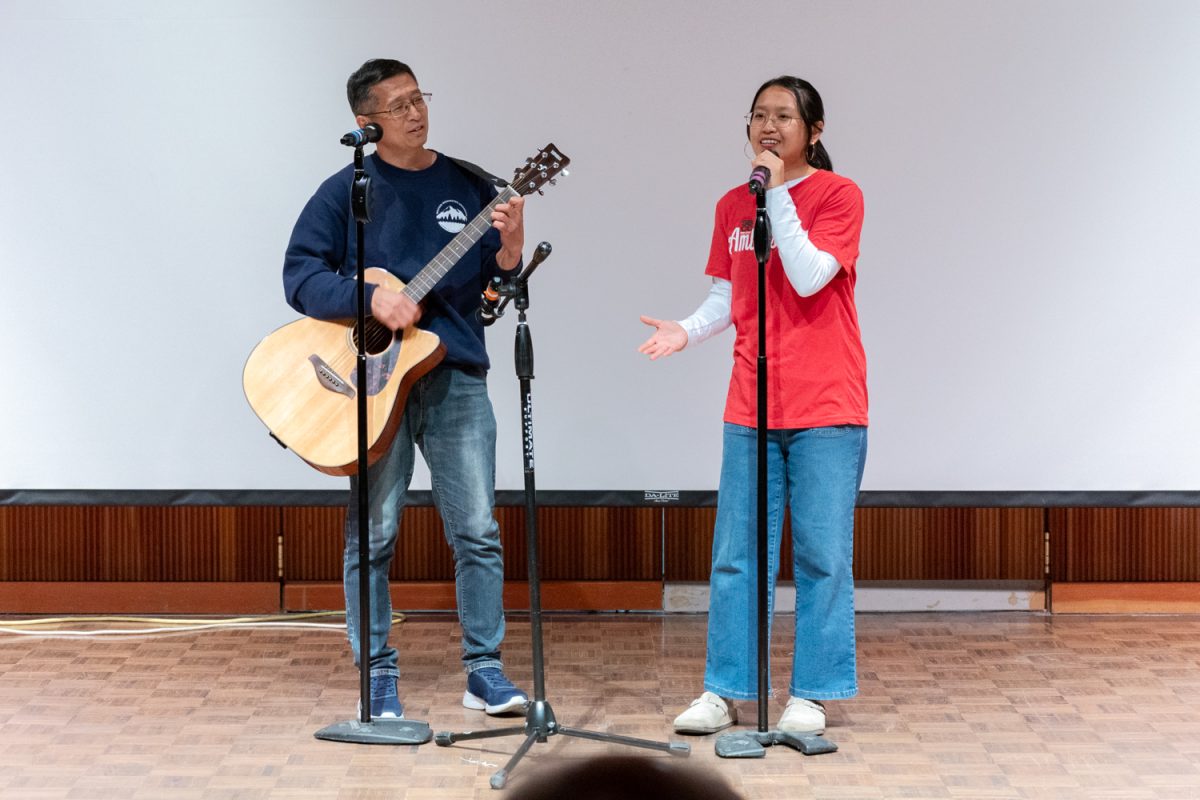The Channels Ed Board believes everyone involved could’ve done a better job informing the City College student body about the sudden non-residential tuition increase.
Many non-residential students, including student senate officers, found the increase to be rushed. A group among students called Education Without Borders was formed opposing the decision.
The Board of Trustees should’ve known to give the Associated Student Government a reasonable amount of time to process this important decision at its meeting before the board took action. However, the board’s agenda didn’t include an item to discuss the possibility of a tuition increase at its previous meeting.
Although the board has brought smaller issues to the student government, this more significant tuition increase was never brought directly to the student officers for feedback.
The Channels conducted an interview with the student trustee and the following appears to be the timeline for when she was notified of the proposal to increase non-residential tuition.
The trustee received notice of the possible increase in the routine email containing the board’s agenda on Friday, Jan. 20. She didn’t view the email until the following Monday, Jan. 23. Although the student government has meetings on Monday nights, she failed to notify the officers about the increase until the day before action took place at the board meeting on Thursday, Jan. 26.
We believe the student trustee should have notified the student government about the increase in a timelier manner. According to the student government’s bylaws, the student trustee “acts as a liaison between the ASG and the Board of Trustees.”
Based on the student trustee’s job description, we don’t think she fulfilled her position’s duty in this circumstance. Though this is in the trustees’ job description, it is the boards responsibility to make sure the officers who represent the students are notified when such a significant change could be made.
The student trustee invited the student government to speak up at the board meeting. She could not voice the officers’ concerns because she represents the student body, not the student government, the trustee said. None of the officers were able to show up due to such late notice.
“Truly if someone is having a conversation on campus about a decision, and we’re not there, that’s on us.” Student President Dylan Raiman said at the student government meeting Friday.
Our main concern, as well as the boards’ and the student government’s, is to make sure our students are served well.
In order for this to happen, there needs to be clear, proactive line of communication between the board and the student government.
According to Bryanna Siguenza, student vice president of external affairs, although the student trustee defended non-residential students at the board meeting, she had no power in the voting process.
The student government is currently trying to change that and will soon introduce a bill to the board asking for the student trustee to have a vote.
“We need to double down on our efforts and decisions at the college,” Raiman said. “We need to make sure that we are there, that we are present, that we’re loud, that we’re representing the students.”
The student government was right to raise this issue of lacking communication and the board was right to listen.
We hope they come to an agreement on an improved process of communication in order to give students a stronger voice.
















